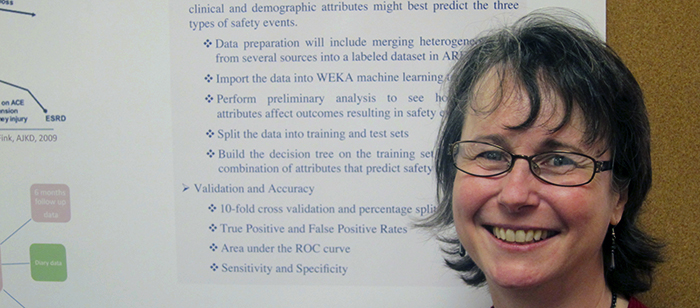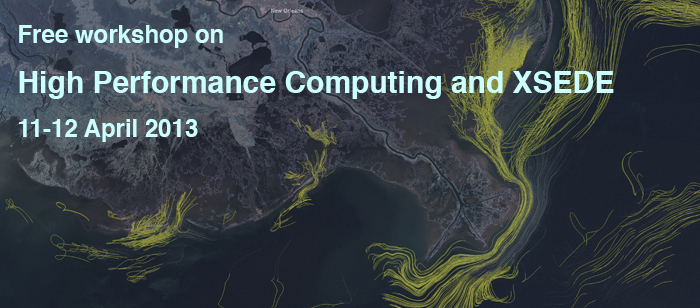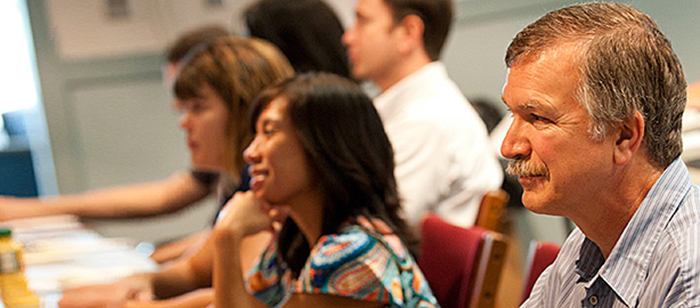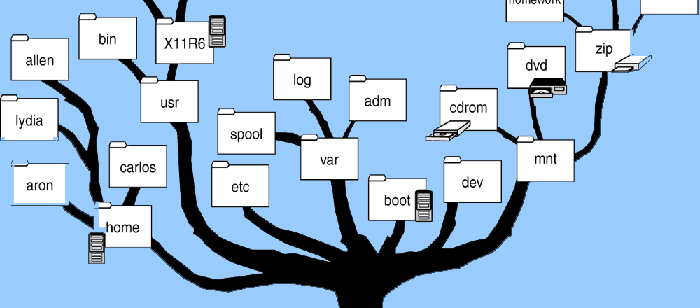
ACM Mid-Atlantic Special Interest Group on Accessibility
User Interface Design and Functional Gains from Cognitive
Assistive Technology: Treading on the Frontiers of Neuroscience
Dr. Elliot Cole
Institute for Cognitive Prosthetics
1:30pm Thursday, 4 April 2013, ITE 404, UMBC
Assistive Technology can and should be viewed as a therapy modality, by increasing functioning as a technology effect, and sometimes by an increase in underlying abilities through one or more neuroscience mechanisms. User interface design has been a core technique in achieving gains in the cognitive dimensions. Patient-Centered Design was developed as a methodology to help achieve these gains. This methodology seems to be a close relative of Ability-Based Design. Case studies will help demonstrate effects achieved with Patient-Centered Design. Older psychological and the emerging neuroscience paradigm will be presented.
Elliot Cole, PhD is the founder of the Institute for Cognitive Prosthetics. He brings his training in human-centered computing to developing technology and techniques which address cognitive disabilities from brain injury. The Institute's successful R&D efforts came from a multidisciplinary staff from clinical and computing specialties working closely together and focusing on the rehabilitation needs of the individual patient. This approach has generated deep knowledge of the cognitive disabilities computing domain. For over a decade, the Institute had a "lab" brain injury cognitive rehabilitation facility. Dr. Cole was an associate professor at Drexel University and a research associate at the University of Pennsylvania, where he is currently a Visiting Scholar. His book Patient-Centered Design of Cognitive Assistive Technology for Traumatic Brain Injury Telerehabilitation is being published in April by Morgan and Claypool as part of the series Synthesis Lectures on Assistive, Rehabilitative, and Health-Preserving Technologies.


 Tina Kuhn is vice president of Security and Information Operations (S&IO) in the Cyber Solutions division of Northrop Grumman’s Information Systems sector. The S&IO business unit provides intelligence-related systems and services to U.S. government and international security customers. The organization’s focus is on full-spectrum cyber solutions that protect critical national systems and support the nation’s information dominance. S&IO also is a premier supplier and integrator of net-centric, next-generation signal processing solutions for specialized customers. Ms. Kuhn brings more than 25 years of management experience to her current position. She joined Northrop Grumman from General Dynamics, where she served as vice president of its Intelligence Systems line of business, leading three business units that addressed the cyber and intelligence communities. Prior to that, she was the vice president/director of programs for the Intelligence and Information Solutions business unit for SAIC in Columbia MD. Ms. Kuhn began her career at General Electric and also held positions at GTE Corp. Ms. Kuhn has a bachelor’s degree in information systems management from the University of Maryland and also is a certified Program Management Professional.
Tina Kuhn is vice president of Security and Information Operations (S&IO) in the Cyber Solutions division of Northrop Grumman’s Information Systems sector. The S&IO business unit provides intelligence-related systems and services to U.S. government and international security customers. The organization’s focus is on full-spectrum cyber solutions that protect critical national systems and support the nation’s information dominance. S&IO also is a premier supplier and integrator of net-centric, next-generation signal processing solutions for specialized customers. Ms. Kuhn brings more than 25 years of management experience to her current position. She joined Northrop Grumman from General Dynamics, where she served as vice president of its Intelligence Systems line of business, leading three business units that addressed the cyber and intelligence communities. Prior to that, she was the vice president/director of programs for the Intelligence and Information Solutions business unit for SAIC in Columbia MD. Ms. Kuhn began her career at General Electric and also held positions at GTE Corp. Ms. Kuhn has a bachelor’s degree in information systems management from the University of Maryland and also is a certified Program Management Professional.





